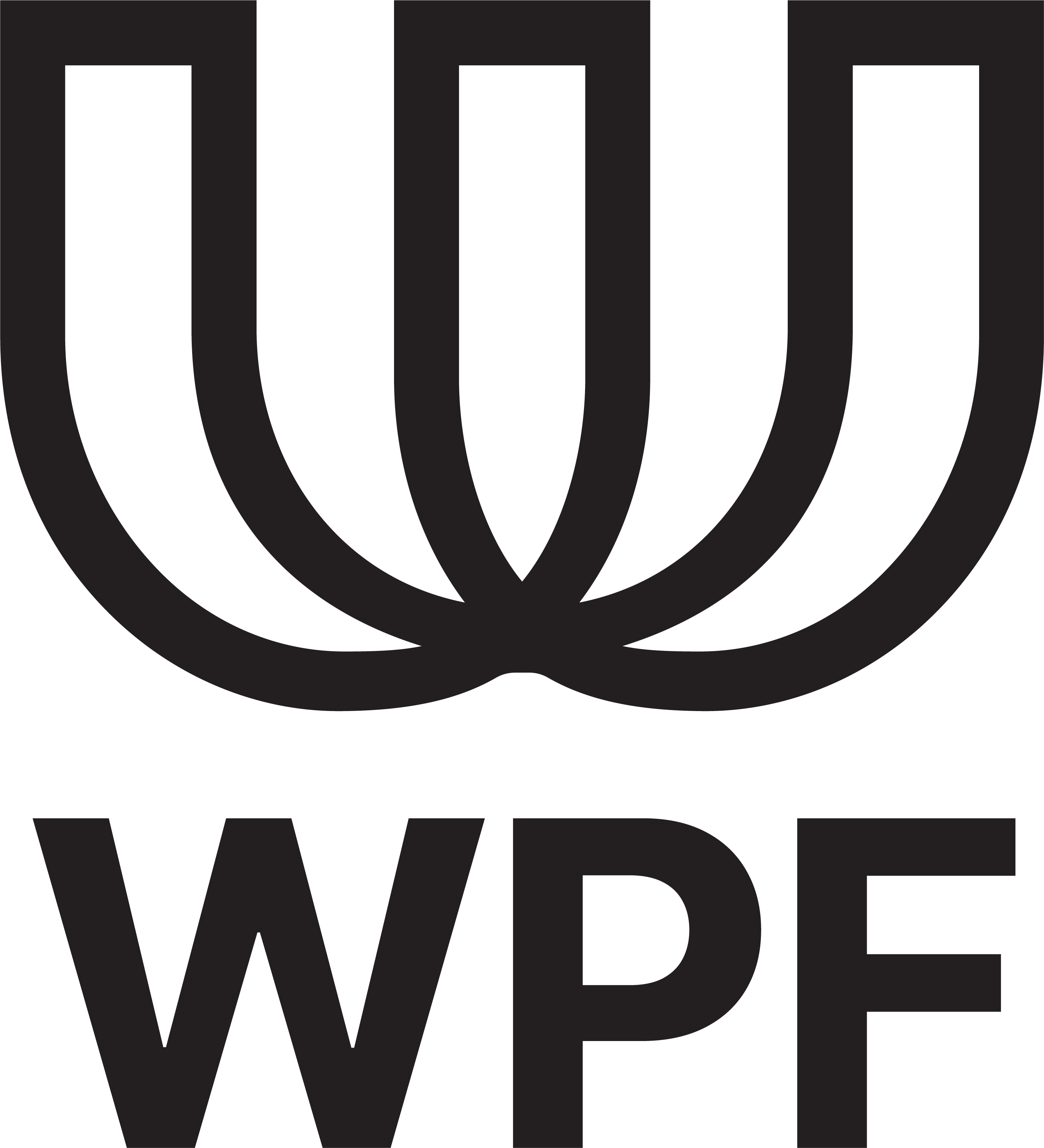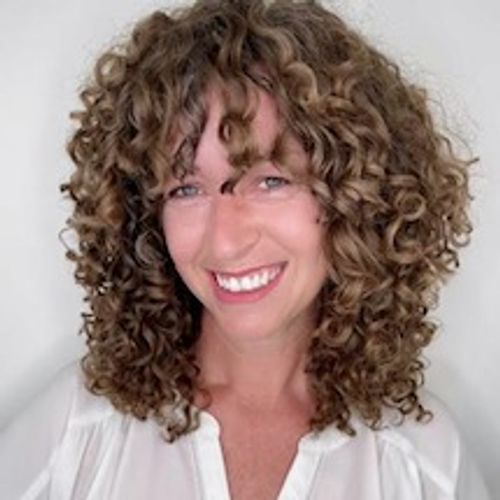Episode 5
What Does Prison Abolition Have To Do With World Peace?
What is prison abolition, and what does it have to do with world peace?
Today’s guests help us dig into this question, tackle some common misconceptions about prison abolition, and hear what restorative justice looks like first-hand.
Catherine Besteman is the Francis F. Bartlett and Ruth K. Bartlett Professor of Anthropology at Colby College, whose research and activism addresses the intersection of race, mobility, security, neoliberalism and carcerality, with a goal of exploring pathways toward abolition. She taught inside prisons in Maine from 2021 to 2023, and since 2021, has led multiple research, public education and policy initiatives focused on ending mass incarceration. Check out her article “Toward a Cage-Free Maine,” which she co-authored with Leo Hylton, at www.thebollard.com/2023/01/01/toward-a-cage-free-maine-3. Find out more at www.colby.edu/people/people-directory/catherine-besteman.
Kentel Weaver works with the Transformational Prison Project, which provides spaces where those who have been harmed and those who have done the harming can come together and engage in dialogue—to build understanding and empathy toward those who have been victims of violent crime. He was formerly incarcerated and is currently working towards his Bachelor’s degree at Tufts University. Find out more about the Transformational Prison Project at www.transformprison.org, and the Tufts University Prison Initiative of Tisch College, or TUPIT, at sites.tufts.edu/tupit. Follow Kentel on Instagram at @stonecatcher147.
Disrupting Peace is a production of The World Peace Foundation. The show is produced by Bridget Conley and Emily Shaw. Engineering by Jacob Winik and Aja Simpson. Marketing and social media by Kelsey Henquinet. Show artwork by Simon Fung.
Special thanks to Jeremy Helton, Lisa Avery, B. Arneson, Alex de Waal, and the team from the Tufts Digital Design Studio, including Kimberly Lynn Forero-Arnias, and Miles Donovan.


